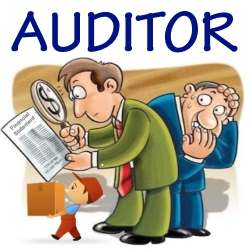Re-issue of Forfeited Shares | Requirements of Companies Act | Auditor’s Duty
Table of Contents
When shares are forfeited, such shares become the property of the company and the directors can deal with them in any way they think best in the interests of the company. Such shares can be reissued to some other person.
Requirements of Companies Act
The following are the requirements of the Companies Act regarding the reissue of forfeited shares:
1. The forfeited shares are generally issued at a price lesser than their face value. But the discount so allowed to the new buyers should not exceed the amount already paid by the defaulting member.
2. A resolution sanctioning the reissue must be passed in the Board Meeting.
3. The forfeited shares are to be transferred in the name of the buyer and his name should be entered in the Register of Members.
4. A public notice in newspapers should be given stating that such and such shares have been forfeited due to the non-payment of calls.
The auditor’s duty as to the re-issue of forfeited shares is described as follows:
1. The auditor should ascertain whether the Articles authorize the Board of Directors to reissue the forfeited shares.
2. He should examine the resolution passed by the Board of Directors at their meeting under which the forfeited shares have been re-allotted.
3. He should vouch the entries made for re-allotment in the Cash Book.
4. He should see that the balance remaining in the forfeited shares account has been transferred to the Capital Reserve Account.
5. In case the shares were reissued at a price above par value, he should see that the excess has been transferred to the Share Premium Account.
6. He should vouch the copy of the return of allotment filed with the Registrar of Joint Stock Companies.


